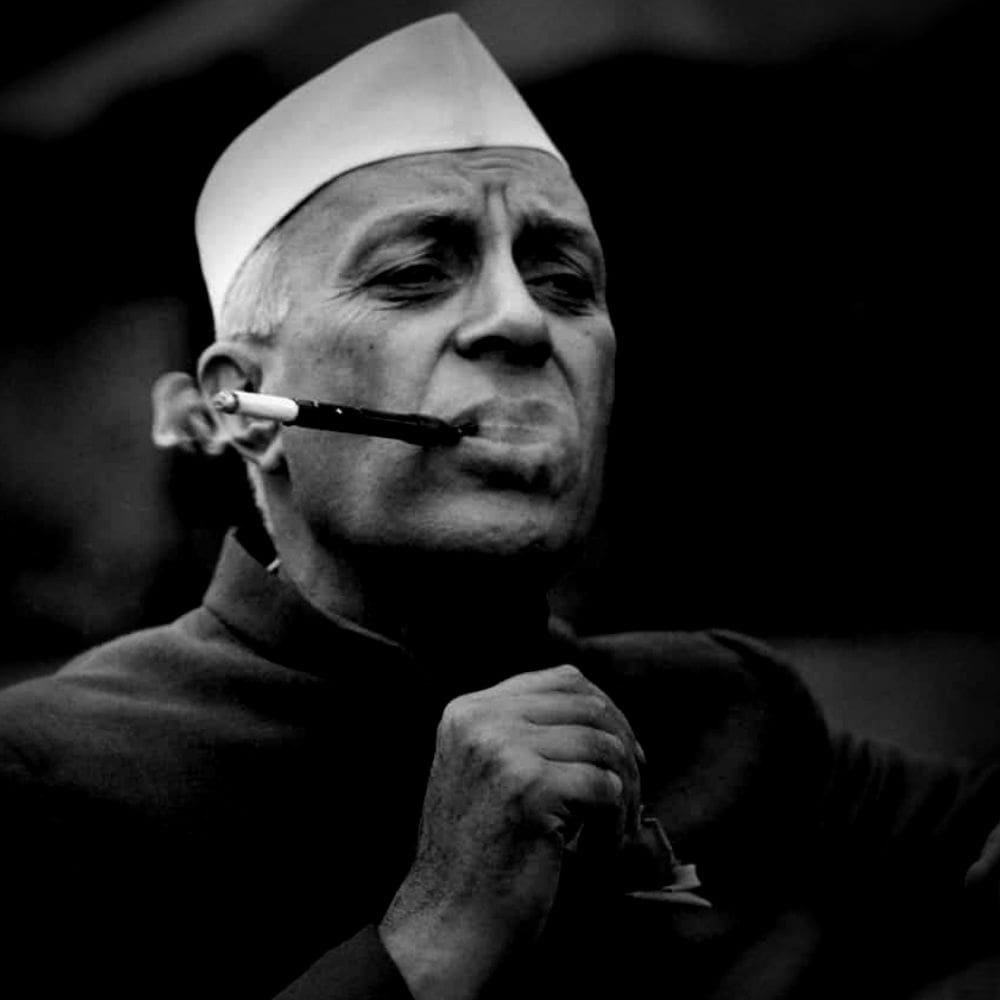ELECTION FUNDING & PUBLICITY
One of the main causes of corruption is election funding. That was the only area for which Rajaji advocated nationalisation. Rajaji had advocated state funding of elections to help eliminate the overwhelming advantages of money-power. He commented: “Elections now are private enterprise, whereas this is the first thing to be nationalised .”
But, Nehru did not listen. Nehru nationalised what he should not have, and did not nationalise what he should have—the state-funding of elections. Had he done so, one could have said he was genuinely a true democrat. It would have helped the poor opposition take roots in the nascent democracy. Opposition was starved of funds. Besides, they did not have any publicity machinery at their disposal.
Nehru ranted against capitalists, but if they obliged his party by filling-in its election war-chest for a quid pro quo, Nehru’s “principles” never came in the way. As all the election funding was being received by the Congress —of course, in expectation of quid pro quo—why would Nehru have tried to strengthen the Opposition by arranging funding for them? Nehru took care to jealously guard the large donations received by the Congress from corporates.
When Rajaji, deeply concerned with Nehru’s economic policies taking India to dogs, formed Swatantra Party with like-minded persons, and fought the elections, Nehru dubbed them as pro-money-bags. Those adjectives remained stuck to them, even though it was the Congress Party which was getting all the money from the money-bags, and Swatantra Party was finding it very hard to find money to fight elections.
Later, when JRD Tata, impressed with the radical free-market agenda of the Swatantra Party of Rajaji as opposed to Nehru’s poverty-perpetuating socialism, proposed contributing to the Swatantra Party, Nehru angrily objected, and when JRD still went ahead, Nehru took his revenge in various ways.
Nehru, his government, and the Congress Party monopolised radio, the main mass communication medium in the pre-TV days. There was a demand to make All India Radio (AIR) an autonomous body; and even Nehru had once stated that he would like the AIR to be modelled on the lines of BBC; but looking to its huge reach, and the tremendously unfair advantage it provided him of hogging all publicity, Nehru conveniently forgot restructuring and reforming it. AIR never made any adverse comments on Nehru or his policies or the government. AIR became the propaganda vehicle of Nehru, and later his dynasty, providing no space to the opposition.
Nehru and the Congress used carrot and stick to ensure the print-media was compliant. Nehru’s pictures, statements and speeches used to crowd out the views and comments of the opposition. Government’s vast Publication Division was dedicated to publishing all kinds of selected and collected works and letters and speeches of Nehru and his mentor Gandhi, but steered clear of giving any importance to the far better works and letters and speeches of Sardar Patel or Netaji Bose or Dr Ambedkar. PIB’s (Press Information Bureau) photographic department liberally released photos of Nehru on various occasions providing him vast publicity.
Nehru and his dynasty so misused and manoeuvred the AIR, the government-controlled institutions, the academia, and the media as to project a picture and an impression to the public at large that only they could lift India out of poverty, that only they could keep India united, that only they knew how to govern a country as big and varied, that only they could protect the minorities and the weaker sections, and that they alone could be saviours of India! In short, Nehru and his dynasty tried all their tricks to ensure India remained a one-Party-dominated democracy; and that their dynasty remained overwhelmingly dominant in that party. What could have been a more irresponsible, and a worse disservice to the nation!


